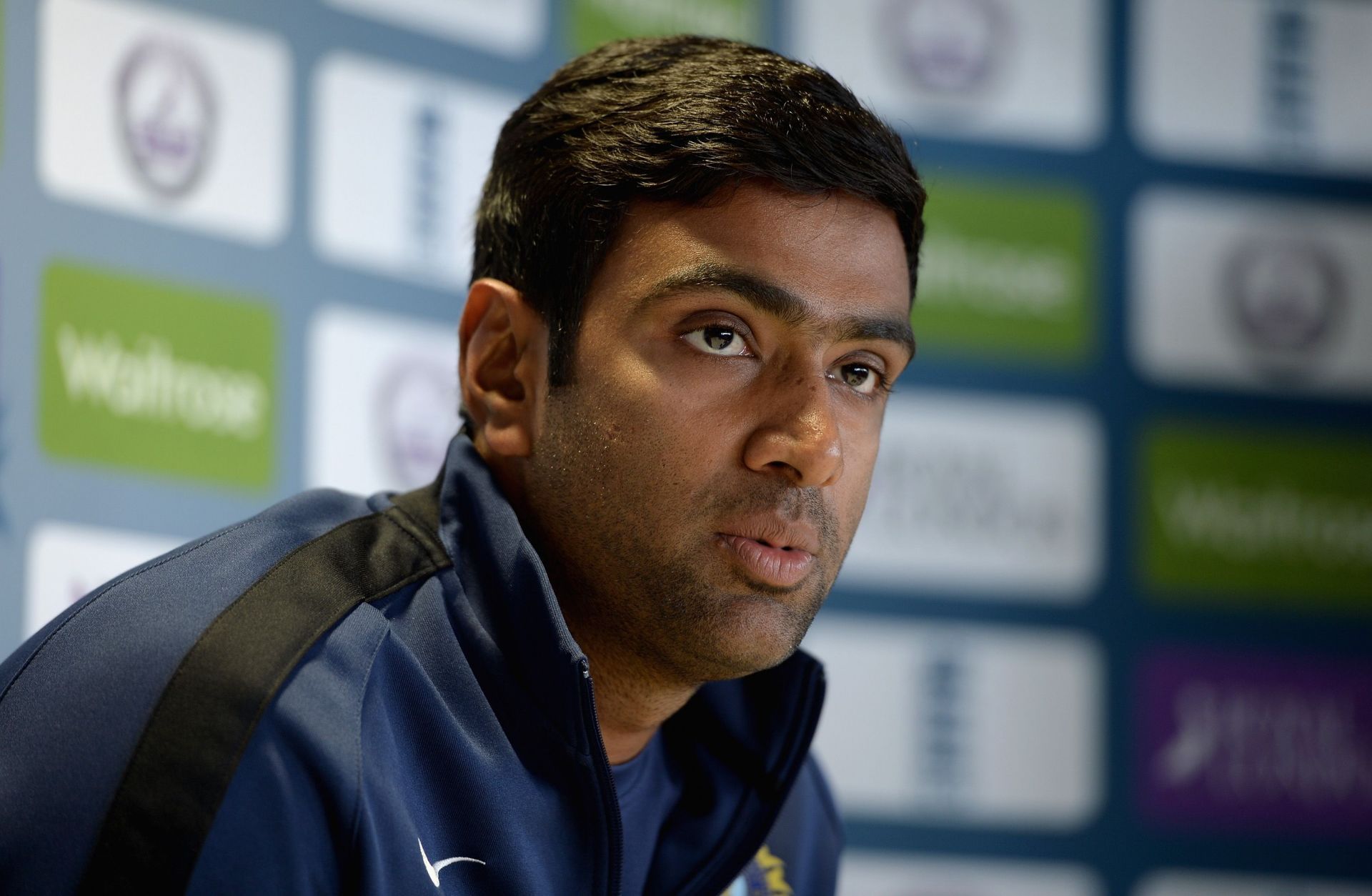Today, after a lull that started in the 2000s, there is renewed global interest in Hong Kong films from both past and present.
We look beyond their dangerous stunts, innovative action sequences and major stars to discover why Hong Kong films have often travelled so well.
1. Hong Kong films are highly entertaining
The main reason for the success of Hong Kong cinema is because of the industry’s highly entertaining films, wrote David Bordwell in the 2000 edition of his book Planet Hong Kong.
“How did this tiny cinema [industry] become so successful? Some answers lie in history and culture, but many others are found in the films themselves,” he wrote.
“Hong Kong’s film industry offered something audiences desired. Year in and year out, it produced dozens of fresh, lively and thrilling movies. Since the 1970s it has been arguably the world’s most energetic, imaginative popular cinema.”
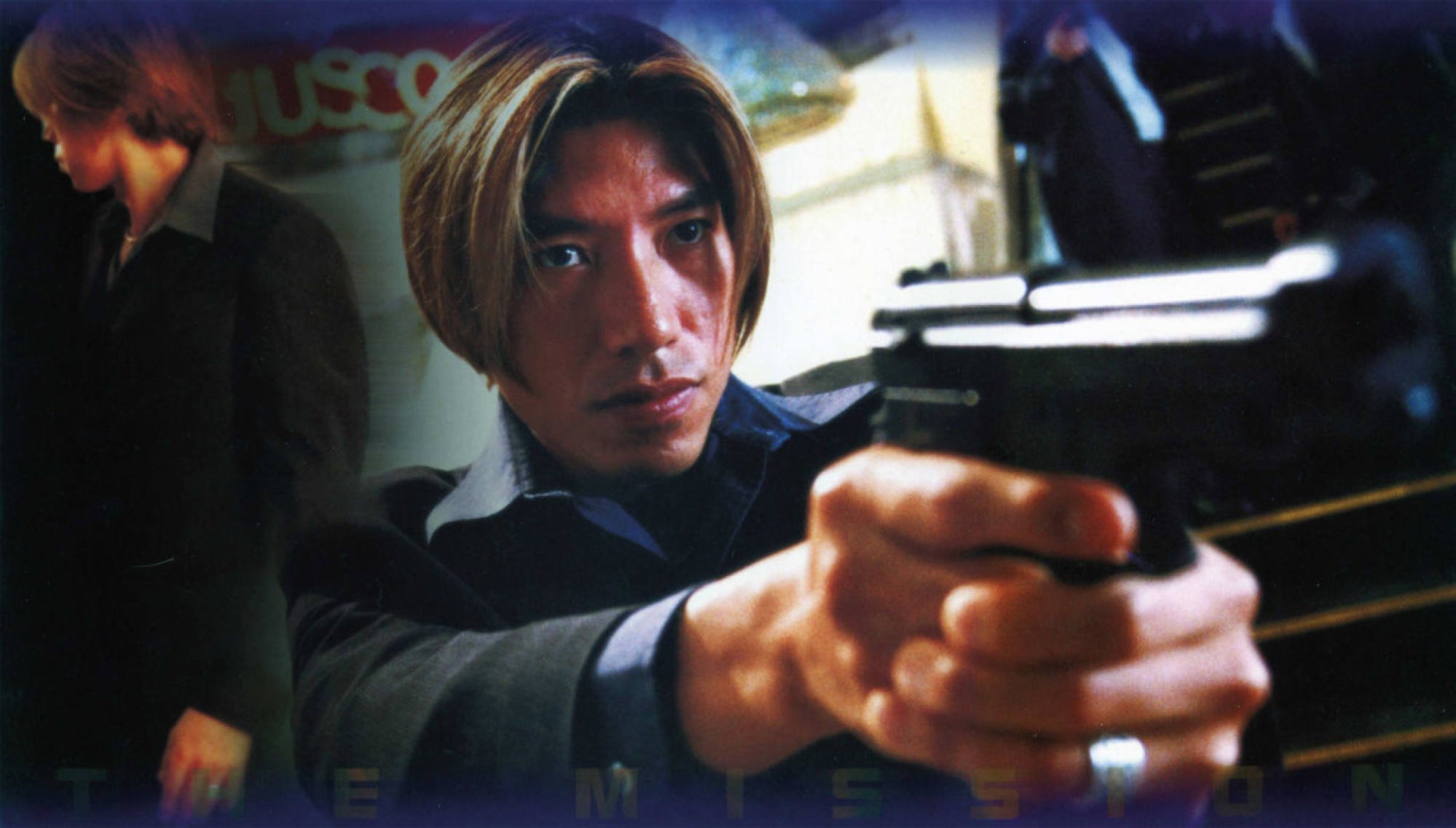
2. They broke down cultural barriers
Hong Kong action films became an international cultural currency, film historians Law Kar and Frank Bren wrote in their book Hong Kong Cinema: A Cross-Cultural View.
“The martial arts boom [of the late 1960s and early 1970s] … represented a success in marrying the foreign and the indigenous,” they wrote.
“Fights evolved from a stylised stage-based mode to a more realistic, visceral one bolstered by photographic and editing techniques learned from Western and Japanese films, and by special effects developed from years of making martial arts films.”
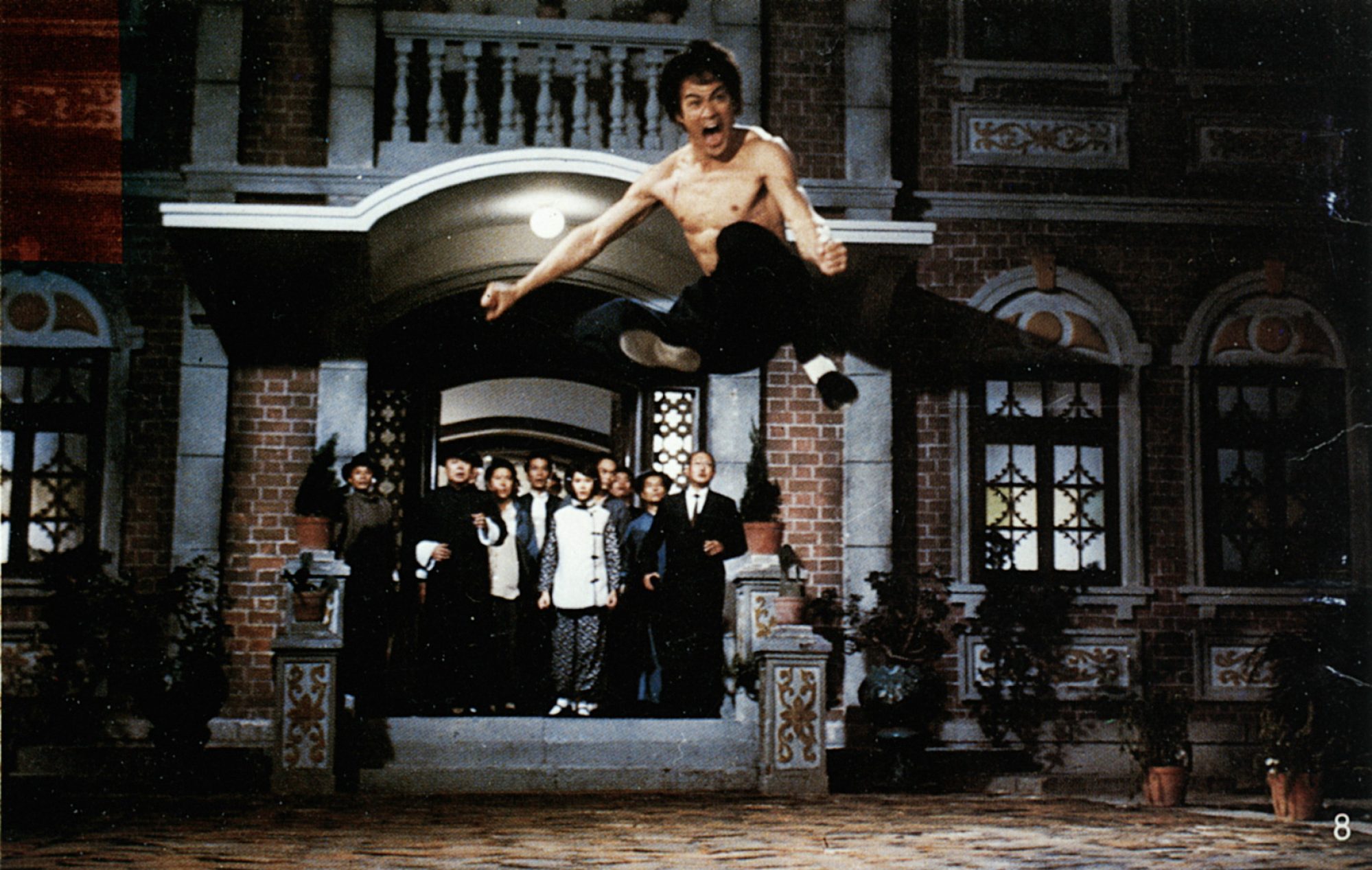
3. They connected with marginalised people
Hong Kong films appealed to underdogs everywhere, wrote Wu-Tang Clan’s RZA in the introduction to his book These Fists Break Bricks.
“The violence of the New York City streets reflected the violence on screen. Looking for stories that reflected their own struggles, audiences could role-change at any moment, inspired by the characters they watched.
“Yet after his victory over his enemy using his hands, feet, and nunchucks, he’s met with an array of bullets from the rifles of law enforcement, leaving the audience with an insatiable desire for more.”
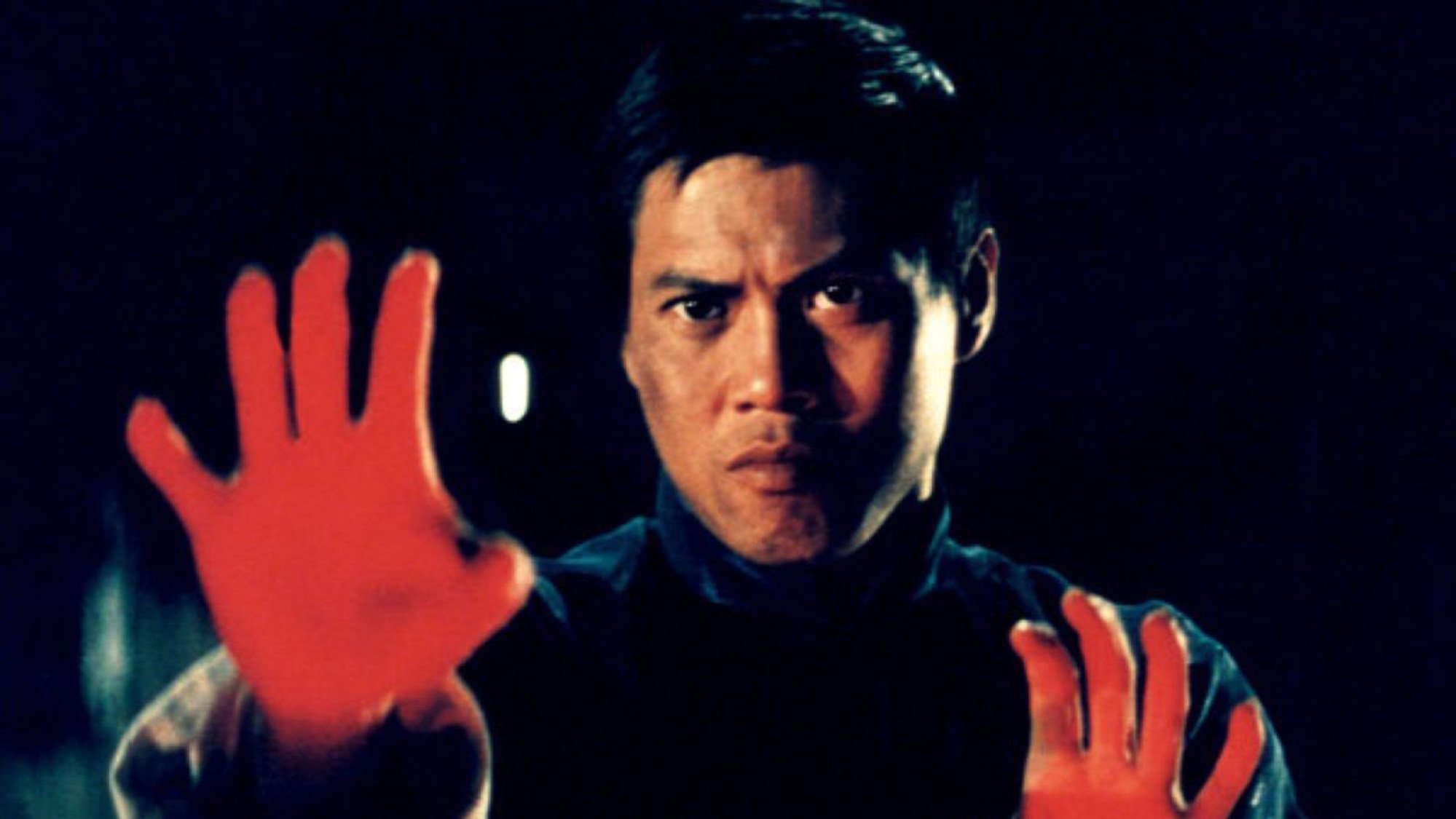
4. Filmmakers were free to be outrageous
Hong Kong films fitted in with the “anything goes” attitudes of the West in the 1970s and audiences liked that, according to the Hong Kong Film Archive essay Creating a Uniquely Hong Kong 1970s.
“[During the 1970s] politically sensitive content was still censored, but restrictions on sexual content, violence, and crime became increasingly lax. Consequently, bloodshed, debauchery, nudity, gambling, fraud, and gangsters were frequently featured in Hong Kong cinema.
“It was not uncommon to see crime and depravity on the silver screen.”
5. Foreign critics threw caution to the wind
Western critics thought they should not like Hong Kong films, but actually did, Matthew Polly wrote in Bruce Lee – A Life.
“In The Village Voice, William Paul confessed: ‘In my most civilised, right thinking frame of mind, I’d like to dismiss the film as an abhorrently grotesque masculine fantasy, but I have to admit that deep down in the most shadowy recesses of my subconscious, the fantasy struck a chord.’”
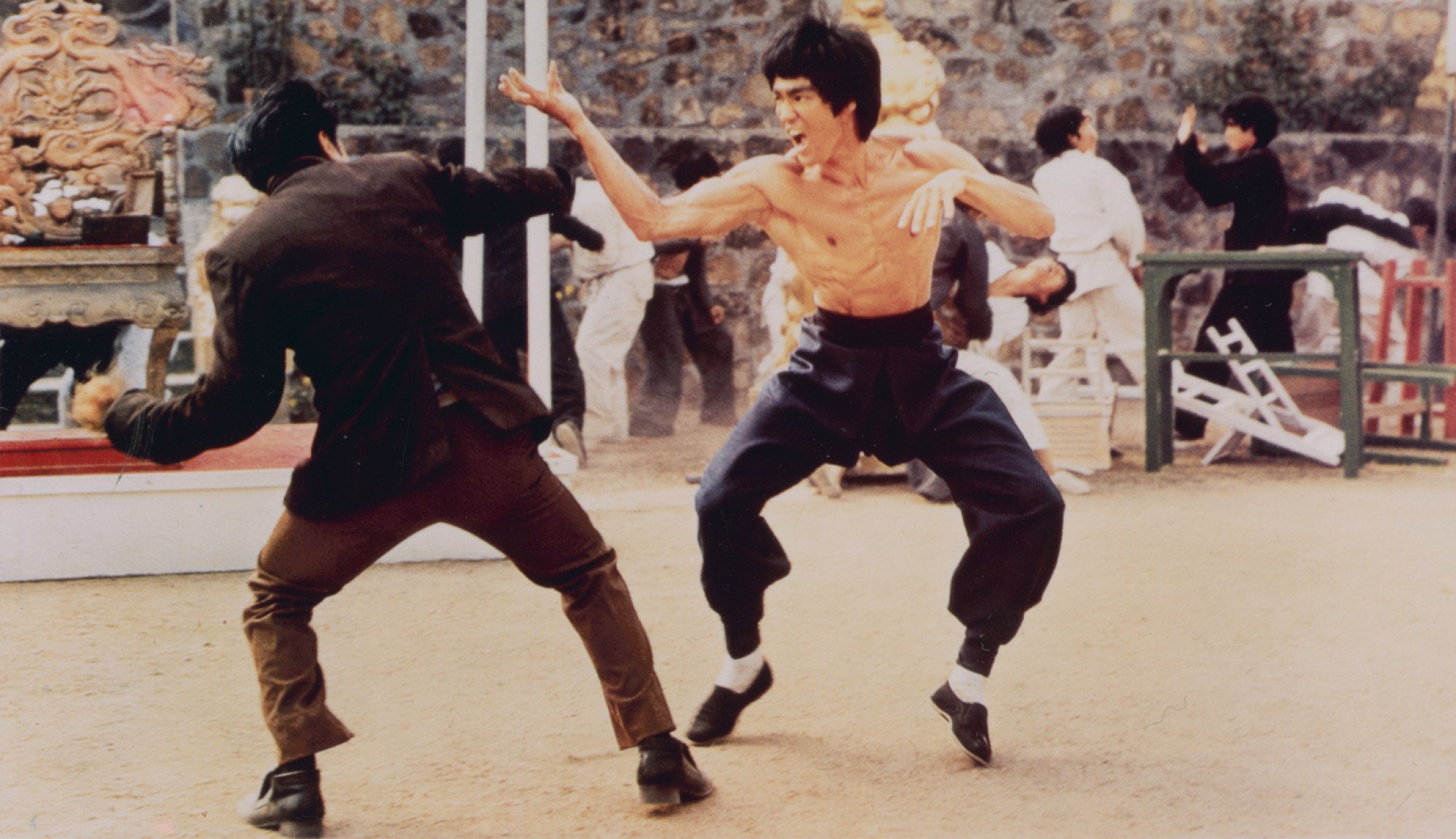
6. Hong Kong cinema was always international
Hong Kong filmmakers were always engaged with the global movie scene, according to the book The Shaw Screen: A Preliminary Study.
Talking about Shaw Brothers, the largest film production company in Hong Kong for decades, it said: “Throughout the years, the studio has engaged in collaborative exchanges with companies in Asia, Europe and America, and recruited talent from Taiwan, Japan, South Korea, Southeast Asia and Western countries.
“Shaw’s enormous contribution to the transnationalism, internationalisation and modernisation of Hong Kong cinema once resulted in the title ‘Hollywood East’ being given to Hong Kong.”
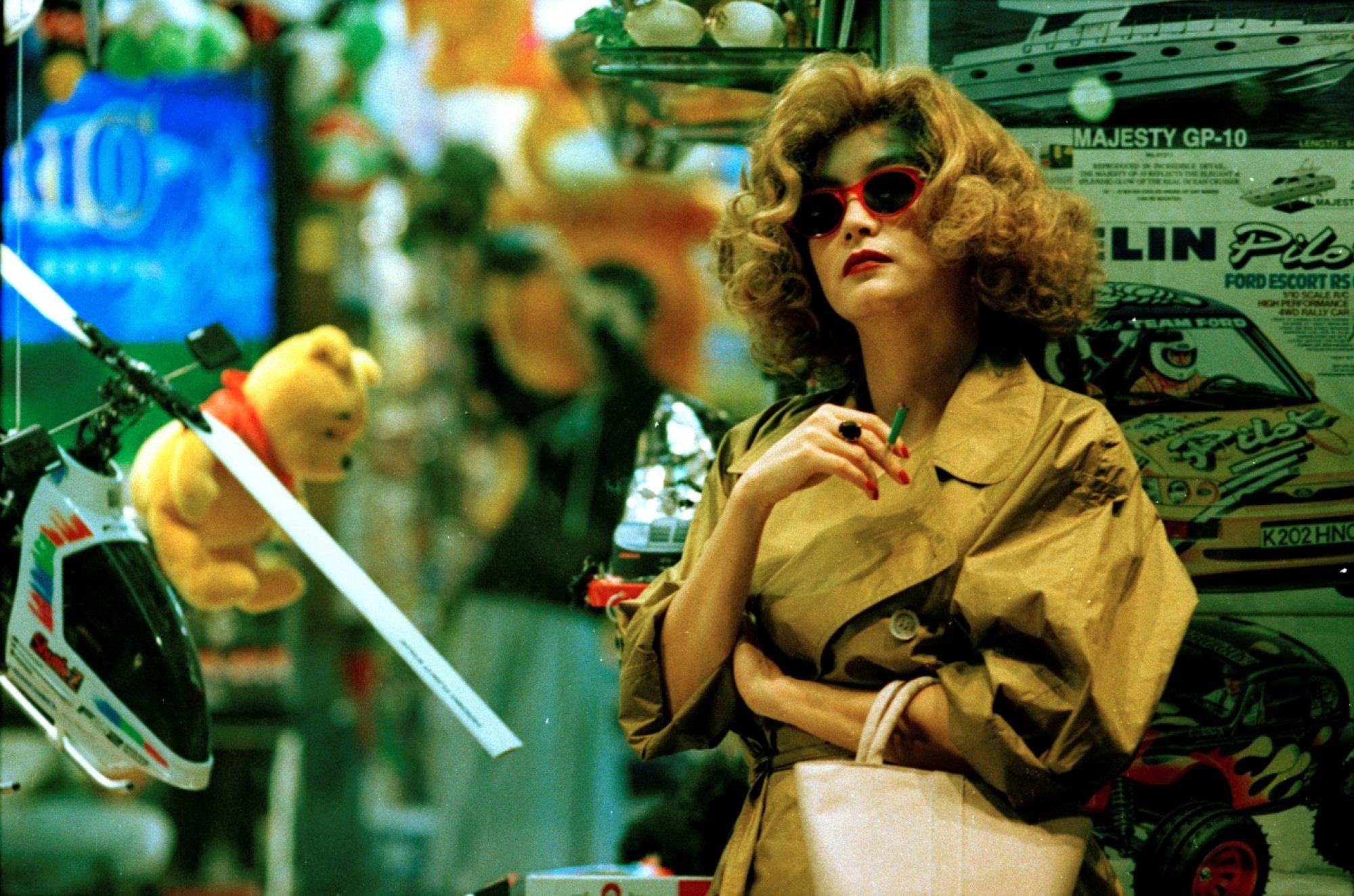
7. Filmmakers had support in high places
Top US directors helped raise the global awareness of Hong Kong films in the 1990s, Rick Baker wrote in the 1994 edition of The Essential Guide to Hong Kong Movies.
“Hong Kong cinema in the 1990s has started to look healthier with recognition from some of the bigger names in Hollywood, like Scorsese, Tarantino, Stallone, Joel Silver, and Walter Hill. Their seal of approval has made it fashionable to like Hong Kong movies.
“It’s easy to spot the influence on many big-budget Hollywood movies. The changing style of fight choreography and the stylised shoot outs are the most apparent.”
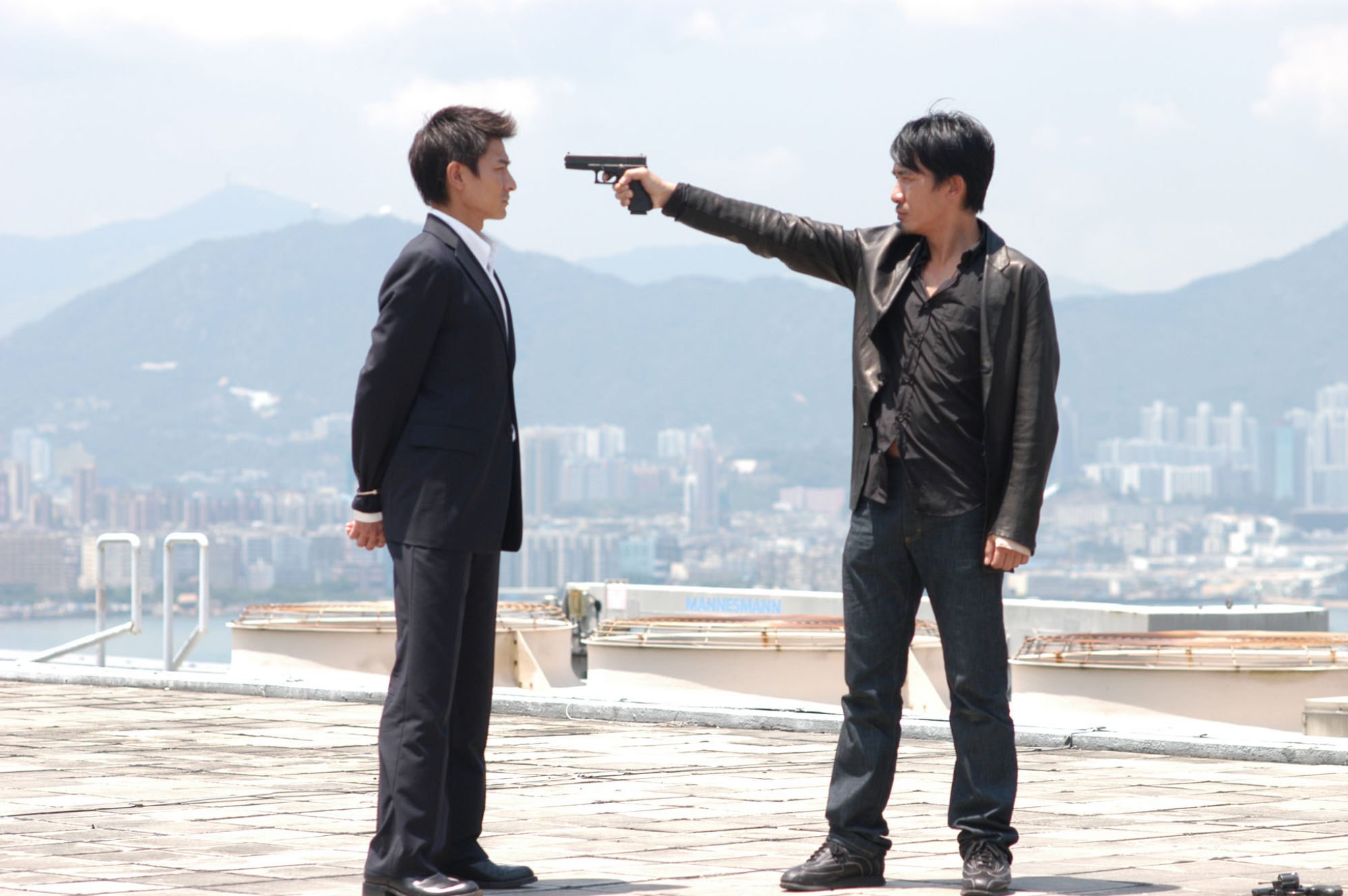
8. Hong Kong films are fast and furious
Hong Kong’s fast-paced action scenes are loved abroad. They are a result of the city’s frantic lifestyle, critic and filmmaker Shu Kei said in the book Cine East in 1998.
“I think that Hong Kong cinema is determined not only by the nationality and character of the people, but also by the geography of the city. Hong Kong cinema is defined by a very condensed and concentrated geography which results in a lack of space and a speeding up of the rhythm.
“It has less expository scenes than other cinemas and that is a result of the high speed of Hong Kong life and the way that the city operates at a high speed level.”
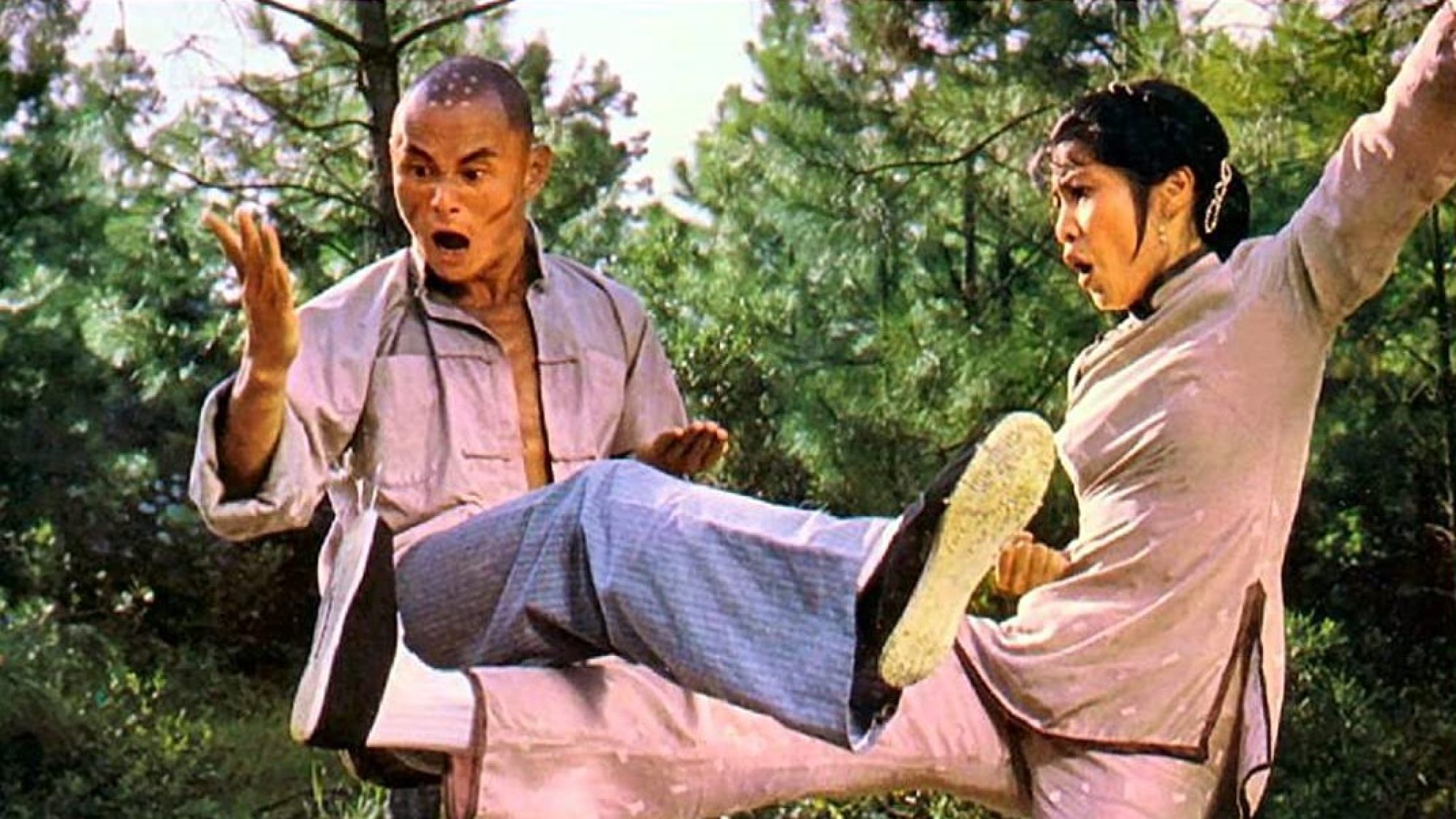
9. They drew in international viewers
Hong Kong films made foreign viewers feel special, said academic Leon Hunt in his 2002 study Kung Fu Cult Masters.
In this regular feature series on the best of Hong Kong cinema, we examine the legacy of classic films, re-evaluate the careers of its greatest stars, and revisit some of the lesser-known aspects of the beloved industry.


